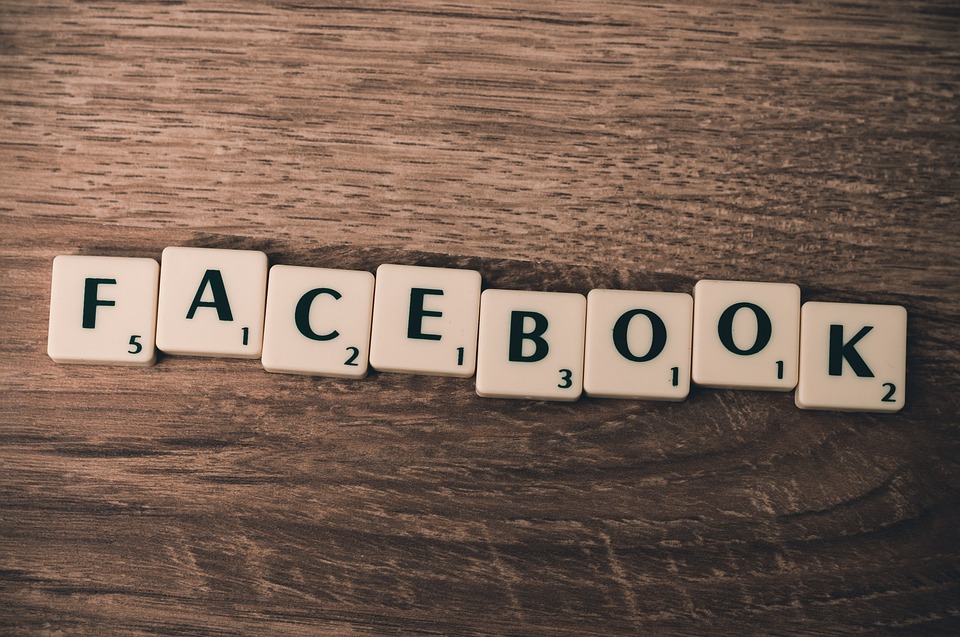In News
Facebook Inc. recently announced that it was restructuring and assuming the corporate name, Meta Platforms Inc., announcing that ‘from now on, we’re going to be metaverse-first, not Facebook-first’.
About Metaverse
- The term metaverse is made up of two terms “meta" and “universe". The prefix “meta" comes from Greek and means beyond, after or across. Thus metaverse, would connote a place that is beyond the world or the universe as we know it, one that exists in the virtual realm but feels just as real. The term has originated from Neal Stephenson’s 1992 speculative science fiction novel, Snow Crash.
- It takes a lot of personal data to process virtual reality. This reality has an avatar of you which makes you experience the virtual world. Each interaction with your avatar is a data collection and data processing exercise.
- Today's internet systems can be termed as Web 2.0 internet systems. A Web 2.0 (also known as participative web and social web) refers to websites that emphasize user-generated content, ease of use, participatory culture and interoperability (i.e., compatible with other products, systems, and devices) for end users. These are largely controlled by tech giants such as Google, Facebook and Amazon.
- The Next generation or Web 3.0 is the name given to the next generation of Internet architecture that will supposedly be free from the centralisation that is a part of today’s Web 2.0 Internet systems.
Benefits of Metaverse
- In an ideal world, the metaverse would be a truly open and inclusive space for empowerment, expression and exploration.
- Metaverses have great potential to revolutionise fields such as education and health care, but as long as they are run purely from a profit motive, the benefits would likely be lesser.
- Virtual economies might also develop around the customisation of metaverse ‘avatars’.
Concerns
- Facebook/Meta has acknowledged this concern, declaring its commitment to creating secure platforms. Yet, rampant health and biometric data collection are expected to continue in the metaverse, as real world identities will be more connected to the system than ever before.
- Data breaches and theft could prove even costlier.
- It still remains to be seen if corporations such as Facebook/Meta will follow Web 3.0 standards or come up with their own standards in closed corporate metaverses.
- Cybercrimes could also take on new forms in these new virtual worlds.
- In the distant future, virtual worlds could even someday grow into alternatives to the nation state itself, as the rise of blockchain-based DAOs (decentralized autonomous organisations) seems to suggest. Big Tech firms already have GDPs higher than several small countries — if they all get to operate full virtual worlds of their own, it could necessitate large-scale rethinking of the very foundations of technology law.
Way Forward
With the metaverse, possibilities are aplenty. But so are the dangers.





